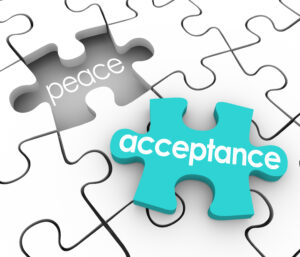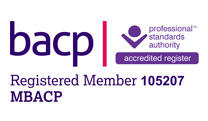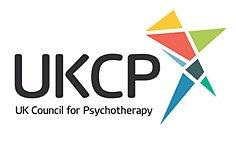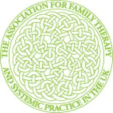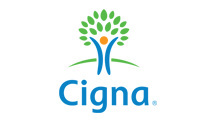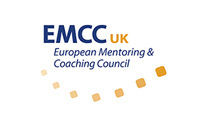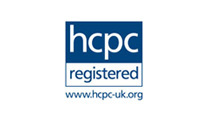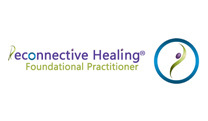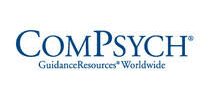Divorce can be a difficult and emotional journey, marking the end of a partnership and leaving many feeling lost and uncertain about the future.
It can be hard to imagine a new life after a relationship that once meant so much. But it’s important to remember that the end of a marriage is not the end of the story. It’s a new chapter, an opportunity for growth, healing, and the chance to build a new and fulfilling life.
Beyond Divorce: The End of a Story and the Beginning of a New One
Divorce may mark the end of a chapter in one’s life, but it also signifies the beginning of a new one. It may be painful, but it also opens the door to new possibilities, new perspectives, and opportunities for growth and self-discovery. Embracing the end of a marriage is the first step towards healing and creating a new, fulfilling life.
The Emotional Impact of Divorce
Divorce can have a significant emotional impact on individuals. It can bring up feelings of loss, grief, sadness, anger, and disappointment. The end of a marriage can be a traumatic event and cause a sense of identity crisis, as the individual may have defined themselves as part of a couple for a long time. Divorce can also cause emotional distress, such as depression, anxiety, and stress. It can also affect the individual’s self-esteem and self-worth.
It can be challenging for some people to accept that the relationship has ended, and they may feel guilty, ashamed or blame themselves.
Children also can be impacted emotionally needing help and support during the process of divorce; they may feel confused, anxious, and worried about the future. They may also feel they have to choose sides and blame themselves for the separation.
Emotional healing takes time, and it’s essential to be patient with the process. It’s important to seek the help of a therapist or counsellor to work through the emotions and feelings that come with divorce. They can help individuals develop coping strategies, work through unresolved issues, and gain insight into their thoughts and behaviours. It’s important to remember that healing is a journey. With the proper support, individuals can move on to a happier and healthier life.

Paving The Way For New Beginnings After Divorce
Some ways to find hope and purpose after the end of a marriage:
I. Accepting the end of the marriage: The first step in building a new life after divorce is to accept the end of the marriage. It’s important to grieve the loss and process the emotions that come with the end of a relationship. But it’s also important to remember that holding on to the past only keeps us trapped in our grief. We must allow ourselves to feel sadness, anger, and disappointment and look towards the future. Letting go of the past is vital to making space for new possibilities.
II. Letting go of the past: The past can shape our perceptions and attitudes towards new relationships. It’s essential to let go of past hurt and negative patterns that may be holding us back from moving forward. This can involve forgiveness, but it doesn’t necessarily mean forgetting or condoning past actions. It’s about letting go of the pain and finding peace. It’s about understanding that the past does not define our present or future.
III. Embracing change: Change can be scary, but it can also be a powerful opportunity for growth. Divorce marks the end of one chapter in our lives and the beginning of a new one. Embracing change means being open to new possibilities, perspectives, and ways of living. It’s about taking risks and not being afraid to try new things. It’s about finding the courage to step out of our comfort zone and discover new passions, hobbies, and places.
IV. Finding support: Navigating the divorce process can be a lonely and isolating experience. It’s essential to find help from friends, family, and professionals during this time. Building a support system can provide validation and understanding, which can be hard to find elsewhere. It can also offer practical help, such as therapy and support groups. It’s essential to remember that we don’t have to go through this alone.
V. Moving forward: As we move forward, taking care of ourselves is essential. It’s also vital to practice self-care and self-compassion. This means being kind to ourselves and being patient with the healing process. It’s important to remember that healing takes time and is a journey, not a destination. It’s about finding hope and purpose in the future, learning from the past and becoming a better version of ourselves.
Counselling Helps to Find New Narratives After Divorce
Counselling can be a valuable tool for individuals going through a divorce as it can help them find a new narrative for their lives. A therapist can provide a safe and non-judgmental space for individuals to process their emotions and work through any unresolved issues from the past that may be impacting their ability to move on.
Through counselling, individuals can gain insight into their thoughts and behaviours and develop new coping strategies to manage the emotional challenges of divorce. They can also learn to communicate effectively, set boundaries and develop a shared understanding of the reasons for the separation.
Counselling can also help individuals redefine their identity and find a new sense of purpose and direction in life. It can provide support and guidance as individuals navigate the practical aspects of the divorce, such as child custody and property division, in a way that is respectful and fair for both parties.
For those who have children, counselling can also be an important tool in helping them understand and cope with the changes in their family structure, and work on co-parenting in a healthy way.
Furthermore, counselling can also help individuals to find a new narrative for their lives, one that is empowering and allows them to heal, rather than one that keeps them trapped in feelings of victimization. It can help individuals to understand how their past relationships have shaped their present and how to create healthier relationships in the future.

In conclusion, counselling can be an effective tool for individuals going through a divorce as it can provide support, guidance and tools to help them navigate this transformative time in a way that is respectful, healthy and empowering, and find a new narrative for their lives.
Conclusion: Divorce can be a difficult and emotional journey, but it’s also an opportunity for growth, healing and building a new and fulfilling life. It’s about accepting the end of the marriage, letting go of the past, embracing change, finding support, and moving forward with hope and purpose. Remember, the end of a marriage is not the end of the story; it’s a new chapter, a chance to start over and create a life that is even more beautiful than before.





